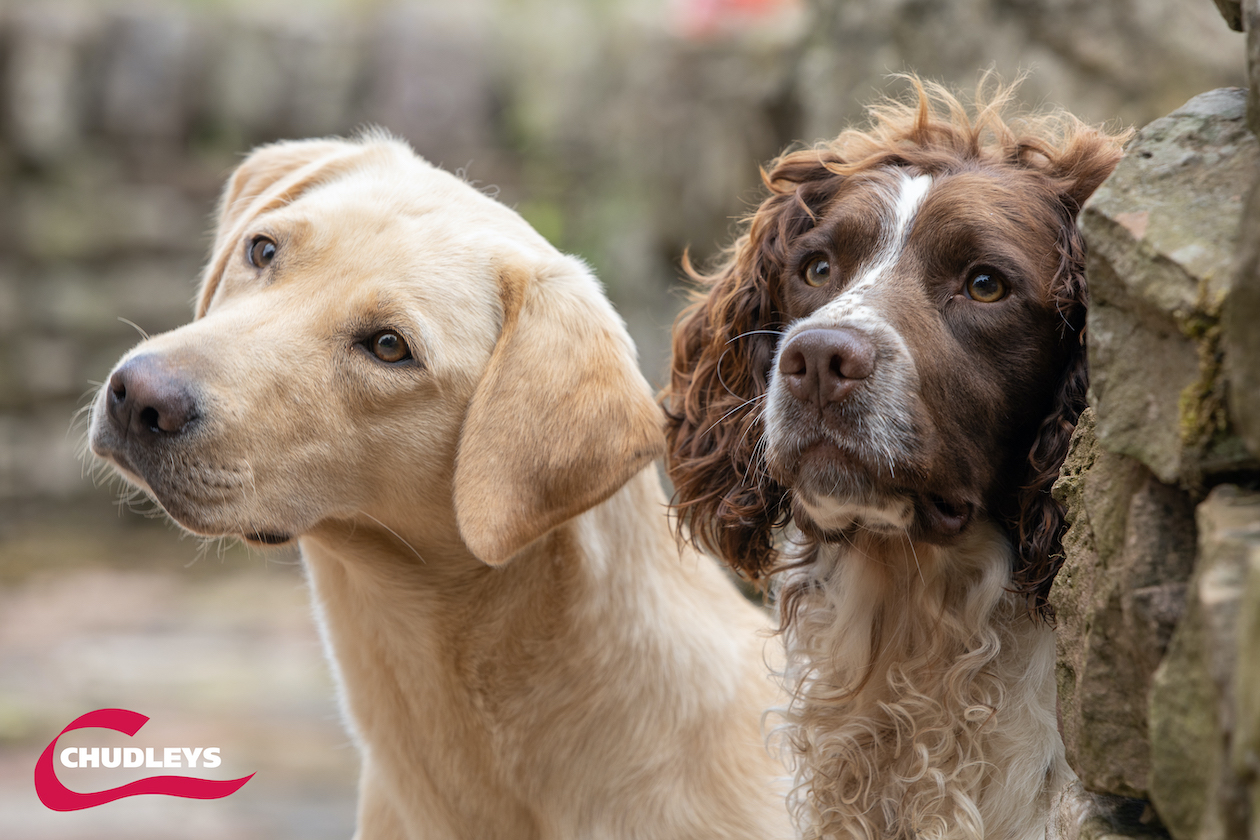Do different dog breeds need different food?
Should a labrador's diet differ from that of a working cocker?

Olympic swimmer Michael Phelps was reputed to be eating around 12,000 calories a day when training for the Beijing Olympics in 2008. But in an interview he quashed that rumour, saying that nobody could really eat that much and that in his prime he was probably really eating 8000 calories a day. In comparison, the average man needs around 2500 calories a day.
It’s much the same with dogs. A working cocker taking plenty of daily exercise is going to need more food for energy than say a pekinese, which spends much of its life as a companion dog lying in comfort on the sofa, with only the shortest of walks.
But where does that leave all working dogs of different breeds? Do they need different food?
Big dogs versus small dogs
In terms of physiology, large breeds such as vizslas are different to smaller breeds such working cockers. So do you need to feed them different dog foods? The truth is that many modern dog food regimes contain an excess of nutrients, so they can be used across a wide range of breeds.
It all depends on what you use the dog for. If your cocker spaniel spends all its time on the peg, then its diet would need to be different from that of a cocker spaniel used for beating four days a week.
It’s the same for a vizsla. A vizsla used several times a week for walked-up grouse say is going to need a different diet from that of a vizsla which spends its life as a family dog taking family walks.
Whilst some owners are keen on tailoring a diet to the breed of dog, for working dogs the actual nature and amount of activity they are expected to do is probably more important when choosing the correct diet.
Small breeds of dog tend to have higher lean mass in their physiques. This means that they benefit from high protein foods as they have lower circulating levels of certain amino acids, so the quality of the protein they are given needs attention. They also benefit from probiotic support. Smaller breeds have a faster metabolic rate, grow up more quickly and tend to live longer.
On the other hand, larger breeds can have a very active fermentation in their intestines and so their carbohydrate management needs careful attention. Labradors in particular have higher sulphur amino acid requirements.
But as mentioned above, most modern diets are nutritionally complete enough to be suitable across a wide range of breeds. However, the amount given to a breed daily should be according to the instructions given with the food, which also take into account the dog’s weight.

Smaller breeds have a faster metabolic rate
Is your dog on the wrong food?
To judge whether your dog is on the right diet you need to look carefully at the animal. Is his coat in good condition? What about his skin? Does the dog have enough energy to go through the day? Does the dog’s breath smell? Is the dog generally well or does he have many ‘off’ days. What about the quality of the stools? Are they reasonably formed or does the dog suffer frequent diarrhoea or constipation? If any of these are a concern then you need to experiment with different foods.
One thing is for certain. Whatever the breed of dog, it is almost impossible to feed all dogs the same diet all of the time. For example, two labradors may not do equally well on the same diet. This is due to a number of reasons; the dog’s genetic inheritance, how the dog has been fed in the past (which establishes the microbiome of the dog’s gut) and of course the dog’s preferences. Like us, dogs will get bored with eating the same food all the time and prefer some dog food to others.
Frequently asked questions about feeding dogs
Q: I have three different dogs that I feed twice a day. A labrador, a cocker spaniel and a terrier. Should I give them each different food or maybe just one meal a day that is different with the other the same?
A: Experiment by finding one diet that will suit them all, so you don’t have to stock four different foods. However bear in mind quantities will differ. Different breeds don’t need to be fed at different times of day either, although any labrador owner will know that many labradors would probably choose to eat all day long! (Which is of course not recommended.)
Q: Should I feed my dog once or twice a day?
A: It’s up to you. Be guided by your dog. A smaller dog like a spaniel might do better with a feed morning and evening, whereas a labrador might do better on one feed a day. Experiment a little.
Shooting UK created this content as part of a paid partnership with Chudleys. The contents of this article are entirely independent and solely reflect the editorial opinion of Shooting UK.







